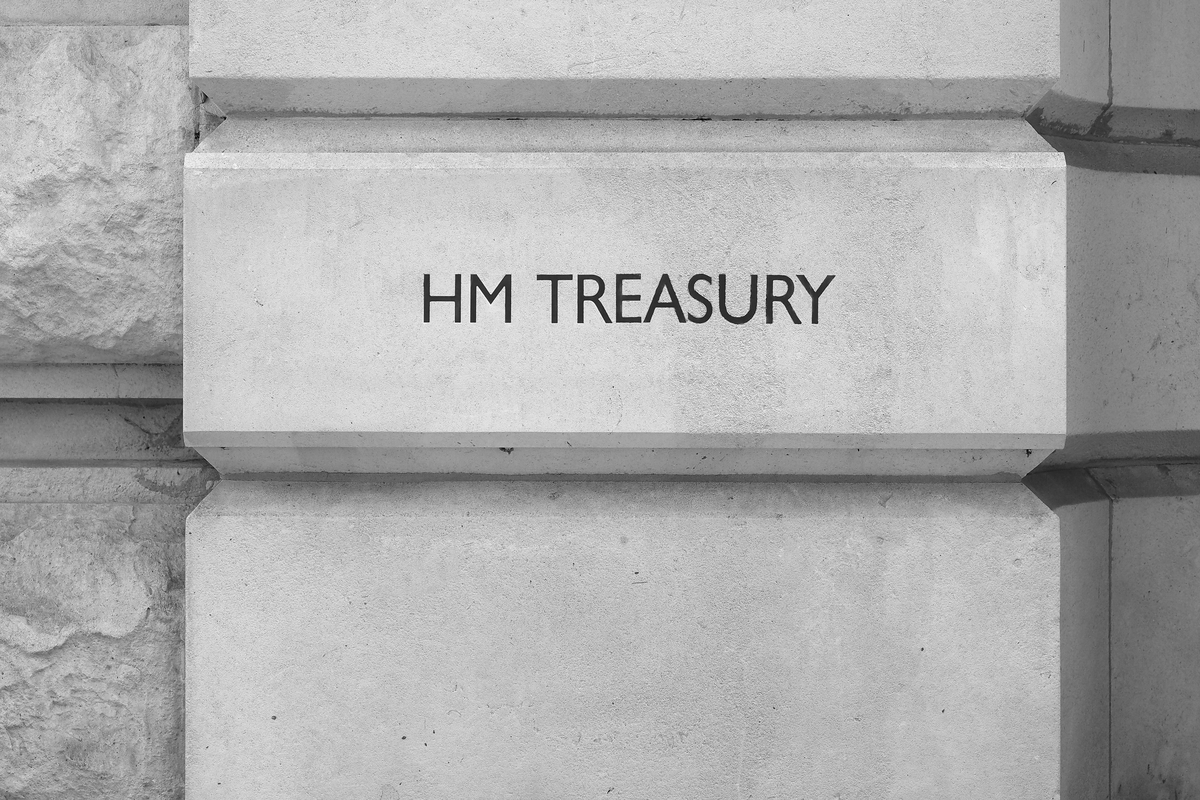Dear visitor,
You're reading 1 of your 3 free news articles this quarter
Register with us for free to get unlimited news, dedicated newsletters, and access to 5 exclusive Premium articles designed to help you stay in the know.
Join the UK's leading credit and lending community in less than 60 seconds.
OBR: UK debt on a ‘unsustainable path’
The Office of Budget Responsibility (OBR) said soaring energy prices and pressures from an aging population risked tipping the UK into a recession.

Senior Journalist, covering the Credit Strategy and Turnaround, Restructuring & Insolvency News brands.
Coming as part of its fiscal risks and sustainability report, the government forecaster also said moving away from fossil fuel vehicles to electric ones could hit tax revenues.
Overall, it said Britain’s public finances are on a “unsustainable” long-term path with a debt burden that could more than treble without further tax rises. In addition to this, if economic shocks continued to hit the public finances - debt was on course to reach almost 320% of annual income in 50 years’ time, unless successive governments raise revenue to offset rising costs.
Alongside this, the OBR highlighted that the government had already spent as much this year - 1.25% of GDP - to help households cope with the cost of living crisis as it had supported the economy through the 2008 financial crisis.
Additionally, if energy prices remained high over the next and ministers continued extending this support - government borrowing would surge by £40bn in 2023/24.
The OBR did, however, say the current energy price woes may not be as bad as those seen in the 1970s.
In order to return government debt back to the pre-Covid figure of 75% would require extra tax rises or spending cuts of 1.5% - or £37bn for every decade for the next 50 years.
According to the OBR, in the worst-case scenario, debt could hit 430% of GDP in 50 years if Britain increased defence spending to three percent of GDP, experienced a big one-off hit from a cyber attack and faced persistent damage from a global trade war.
Stay up-to-date with the latest articles from the Credit Strategy team
Get the latest industry news






